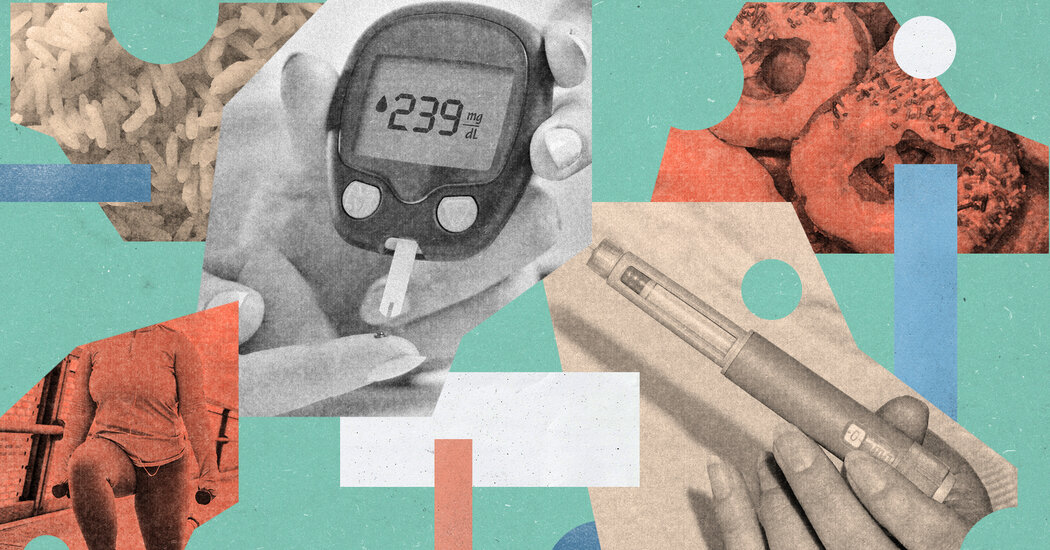New research shows that weight loss medications can stop the progression of prediabetes. Experts don’t all agree on such a use for the drugs.
A new study adds to mounting evidence showing that drugs like Ozempic don’t just treat diabetes — they can also prevent it.
The new paper, published Wednesday in The New England Journal of Medicine, showed that the compound in the diabetes drug Mounjaro and the weight loss drug Zepbound slashed by 94 percent the risk that overweight or obese adults with pre-diabetes would develop diabetes. The trial, which was funded by the drugs’ maker Eli Lilly, found that most patients on the medication had their blood sugar in control after three years.
Previous studies have shown that the substance in Ozempic can have a similarly powerful effect. More than a third of American adults — roughly 98 million people — have pre-diabetes, or elevated blood sugar levels that can lead to diabetes.
The question now: Are these drugs necessary?
Some doctors say that these drugs should not be first line treatments for every patient with pre-diabetes, given that changes in diet and exercise are often effective for addressing the condition. There’s also a question of whether insurers, who are already straining to pay for these sought-after medications, will cover them when there are other, far cheaper, treatments available.
“Potentially a lot of those same people could have had a great outcome with lifestyle intervention or with a much less expensive, much more accessible medication,” said Dr. Kristina Henderson Lewis, an associate professor of epidemiology and prevention at Wake Forest University School of Medicine.
“Just because something works, is the most potent possible thing, doesn’t mean that everybody needs it, wants it, should have it,” she added.
